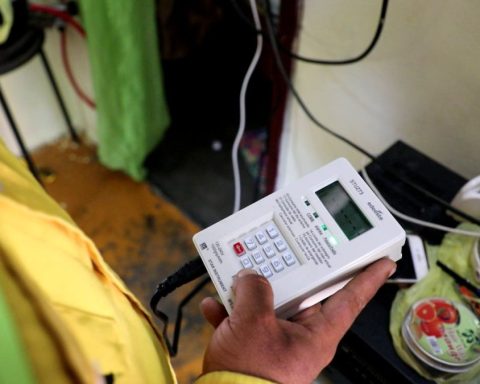Countries such as Argentina, Costa Rica, Ecuador and Paraguay apply the withholding of the Itbis by the financial entities that manage the means of payment
Although with delays, the tax administration is about to announce the start of charging the tax mechanism for digital platforms, such as Airbnb and others, that offer real estate tourism services.
This is a decision of great importance because it will prevent the State continue to stop receiving substantial income that escapes through this route and will ensure conditions to avoid unfair competition, represented by the hotel industry, leveling the field in which local providers of tourist accommodation services operate.
Failure to do so would further complicate the situation for the treasury, as it would encourage investors operating in the hotel industry to migrate to the digital sector and operate from abroad.
In a tax scheme that was not designed for the digital age, a company that, by not delivering its goods or services digitally, faces a higher tax burden, is left at an unsustainable competitive disadvantage.
It is evident that it lacks tax justice that the services offered by digital platforms continue without paying taxes for hosting services while hoteliers do pay them.
This mechanism that will establish the collection of the tax, which varies from one country to another, is yet to be known.
The recommendation of the Organization for Economic Cooperation and Development (OECD) is that the foreign supplier company register as a taxpayer of the itbisthrough a simplified process, in the jurisdiction of the buyer and is responsible for collecting, declaring and paying the tax.
But since it is difficult for small countries to force foreign companies to register and penalize them in case of non-payment of taxes, some Latin American countries have chosen to charge Itbis on digital services purchased abroad, through retention systems in means of payment.
Countries like Argentina, Costa Rica, Ecuador and Paraguay, Non-resident providers are not required to register as taxpayers, but the Itbis withholding is applied by the financial entities that manage the means of payment used to pay for the digital service.
It is estimated that in the country there are 87 thousand rooms of Airbnb while the private hotel sector has 95 thousand rooms. These figures reveal the great growth that real estate tourism that is offered through digital platforms has been registering.
The country should not continue to live, in fiscal matters, with its back turned to the forcefulness of that reality.

















